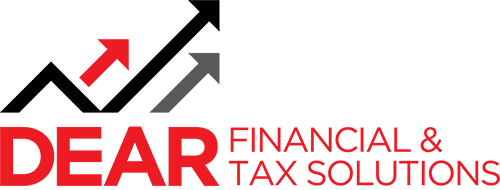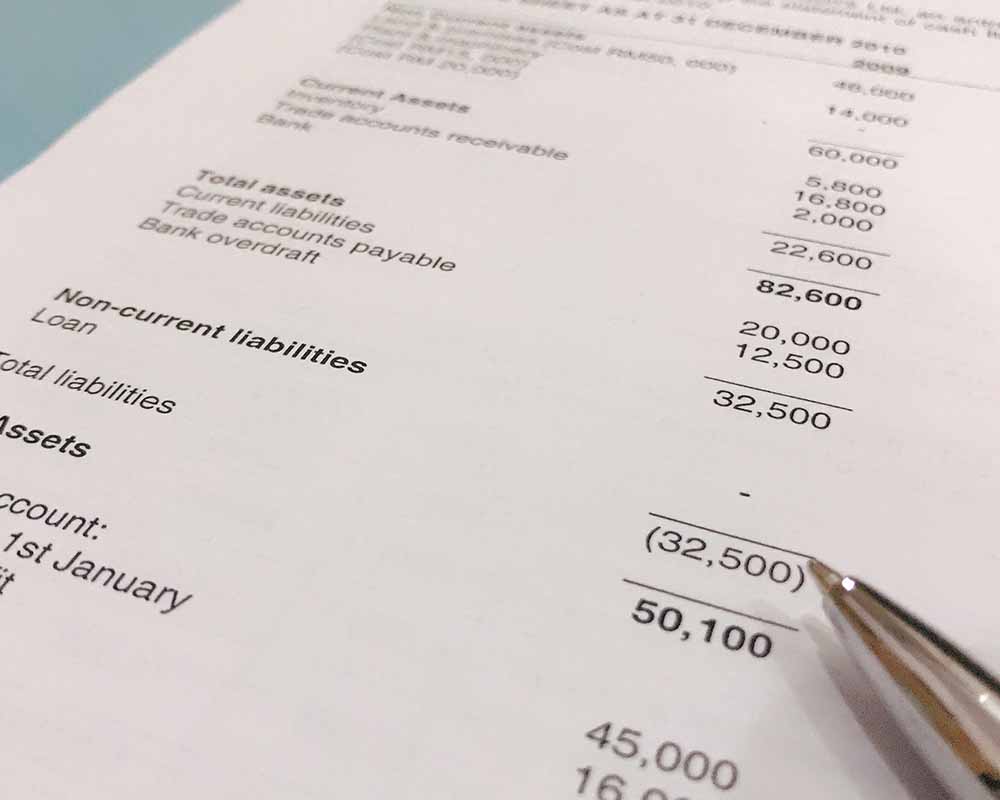In the world of finance, accounting and bookkeeping are two essential roles often mentioned in the same breath. Although they’re closely connected, each plays a distinctly different part in managing financial health. Whether you’re running a small business, managing a large organization, or simply looking to get a handle on your personal finances, understanding the difference between an accountant and a bookkeeper can significantly impact your financial clarity and business success.
In this article, we’ll explore the fundamental differences between accounting and bookkeeping, the distinct responsibilities associated with each role, and how each one can uniquely contribute to your overall financial management.
What is a Bookkeeper?
Bookkeeping is the foundational step in the accounting process. Bookkeepers are primarily responsible for accurately recording and organizing financial transactions. They systematically document financial activities—such as sales, purchases, invoices, expenses, payroll, and payments—in a consistent, organized manner. This data is usually entered into accounting software or financial ledgers, forming a precise and reliable record of financial events.
Key Responsibilities of a Bookkeeper:
- Recording financial transactions accurately and consistently
- Reconciling bank statements and financial accounts
- Processing payroll and managing invoices
- Managing accounts payable and receivable
- Preparing financial statements such as balance sheets and income statements
- Ensuring accuracy in day-to-day financial records
Essentially, bookkeepers maintain financial order, allowing businesses and individuals to track their money clearly and systematically. While bookkeeping doesn’t involve deep financial analysis, it provides the critical groundwork that accountants rely upon.
What is an Accountant?
An accountant, on the other hand, plays a more analytical and advisory role, building upon the accurate data provided by bookkeepers. Accountants interpret, analyze, and communicate financial information to assist business owners or individuals in making informed decisions. Their duties typically extend beyond recording financial transactions and include preparing detailed reports, forecasting financial trends, and providing strategic advice on matters such as tax planning and financial growth.
Accountants often require formal education—typically at least a bachelor’s degree in accounting or finance. Many accountants also pursue additional professional certifications, such as becoming a Certified Public Accountant (CPA), Enrolled Agent (EA), or Certified Management Accountant (CMA), which further equips them with specialized knowledge to support clients with complex financial needs.
Key Responsibilities of an Accountant:
- Analyzing and interpreting financial data to help with strategic decision-making
- Preparing, reviewing, and filing tax returns
- Providing tax planning and strategic financial advice
- Preparing and analyzing financial reports and statements
- Conducting financial audits and assessments
- Developing long-term financial strategies and forecasts
- Ensuring compliance with regulatory standards and financial laws
In short, accountants help individuals and businesses leverage financial data strategically, turning numbers into actionable insights and guidance for future growth and stability.
Main Differences Between Accountants and Bookkeepers
1. Scope of Responsibilities
Bookkeepers handle day-to-day transactional activities, emphasizing accurate record-keeping and data entry. Conversely, accountants utilize these records to interpret financial data, offering insights and strategic advice.
2. Level of Education and Qualifications
Typically, bookkeepers may have a certificate, associate’s degree, or on-the-job experience. Their role emphasizes practical financial management skills. Accountants, however, often require advanced education, certifications, or licensing, as their role demands complex analysis and interpretation of financial information.
3. Analytical vs. Transactional Approach
The role of a bookkeeper is largely transactional, prioritizing precise documentation of financial events. Accountants focus on the analytical aspects—interpreting data, creating reports, forecasting trends, and providing strategic recommendations based on in-depth financial analysis.
4. Strategic Decision-Making
While bookkeepers support the financial clarity necessary for effective decision-making, accountants directly inform these decisions by providing strategic guidance, forecasts, and expert recommendations.
When Do You Need a Bookkeeper vs. an Accountant?
When to Hire a Bookkeeper:
- You require daily management and accurate record-keeping of financial transactions.
- You need consistent documentation of sales, expenses, payroll, and other financial activities.
- You want your financial data neatly organized for easy access and clarity.
- You’re running a small to medium-sized business and need assistance keeping your accounts current and organized.
When to Hire an Accountant:
- You need assistance with interpreting financial data and making strategic business decisions.
- You require detailed financial reports, forecasts, or budgeting assistance.
- Your business or personal finances are complex, requiring tax planning and compliance assistance.
- You’re planning significant financial events, such as expansions, mergers, or large investments, and need expert analysis and recommendations.
In many scenarios, a combination of both bookkeeping and accounting expertise provides the optimal financial management solution. By integrating meticulous record-keeping with strategic analysis and advice, businesses can maintain financial clarity while positioning themselves for sustained growth.
The Benefits of Having Both Roles with Dear Financial & Tax Solutions
While accounting and bookkeeping have distinct roles, integrating both services through a trusted provider such as Dear Financial & Tax Solutions offers significant advantages. With expertise spanning bookkeeping, accounting, and tax planning and preparation, Dear Financial & Tax Solutions can efficiently manage all aspects of your financial picture under one comprehensive service umbrella.
Seamless Integration and Efficiency
Working with a provider who can handle both accounting and bookkeeping ensures seamless communication and streamlined processes. At Dear Financial & Tax Solutions, our bookkeeping team meticulously maintains your financial records, which our accountants then utilize to create strategic financial plans, detailed reports, and insightful analysis. The seamless handoff between bookkeeping and accounting functions means fewer errors, quicker access to critical financial information, and enhanced financial clarity for your business or personal finances.
Enhanced Accuracy and Consistency
By managing both bookkeeping and accounting internally, Dear Financial & Tax Solutions ensures consistency and accuracy across all financial activities. Our bookkeeping team diligently organizes your daily transactions, reconciles accounts, and maintains clear records. Simultaneously, our experienced accountants leverage these accurate, real-time records to create actionable insights, forecasts, and strategies. This interconnected process helps you confidently rely on your financial data to make informed business and personal financial decisions.
Strategic Tax Planning and Preparation
One of the distinct advantages of partnering with Dear Financial & Tax Solutions is our comprehensive expertise in tax planning and preparation. As your combined accounting and bookkeeping partner, we provide year-round tax guidance, not just during tax season. We identify opportunities for tax savings, ensure regulatory compliance, and offer strategic advice that aligns with your overall financial objectives.
Having your accounting, bookkeeping, and tax services managed by a single trusted provider means a more proactive and strategic approach to your finances. Our holistic view allows us to recommend financial moves that not only meet compliance standards but also reduce your tax liabilities and optimize your financial resources effectively.
Improved Financial Decision-Making
With our integrated approach, Dear Financial & Tax Solutions transforms routine financial records into valuable strategic insights. Our bookkeeping professionals ensure meticulous data organization, providing a clear, accurate financial foundation. Our accountants then interpret these records, offering in-depth analysis and actionable recommendations, from budgeting and forecasting to strategic investments and tax savings strategies.
Because we deeply understand your entire financial landscape, we’re ideally positioned to support your short-term goals and help you plan effectively for long-term success.
Personalized Financial Management and Support
At Dear Financial & Tax Solutions, we believe personalized service is essential. By managing both your bookkeeping and accounting needs, we develop a thorough understanding of your financial history, current financial position, and future goals. This allows us to customize services specifically to your circumstances, enhancing the overall effectiveness of our recommendations and strategies.
Whether you’re a business owner looking for complete financial management or an individual needing clarity and precision in personal financial matters, our unified bookkeeping and accounting services deliver consistent, reliable, and tailored support to meet your needs.
Peace of Mind and Confidence
Ultimately, partnering with Dear Financial & Tax Solutions for both bookkeeping and accounting services provides peace of mind. Knowing that a trusted team of professionals is carefully managing your day-to-day finances, expertly analyzing financial data, and proactively identifying tax savings opportunities allows you to focus on running your business, pursuing personal financial goals, and confidently planning your financial future.
By leveraging the integrated capabilities of our bookkeeping, accounting, and tax preparation and planning services, you can ensure that your financial management is not only efficient but strategically optimized for sustained success.

